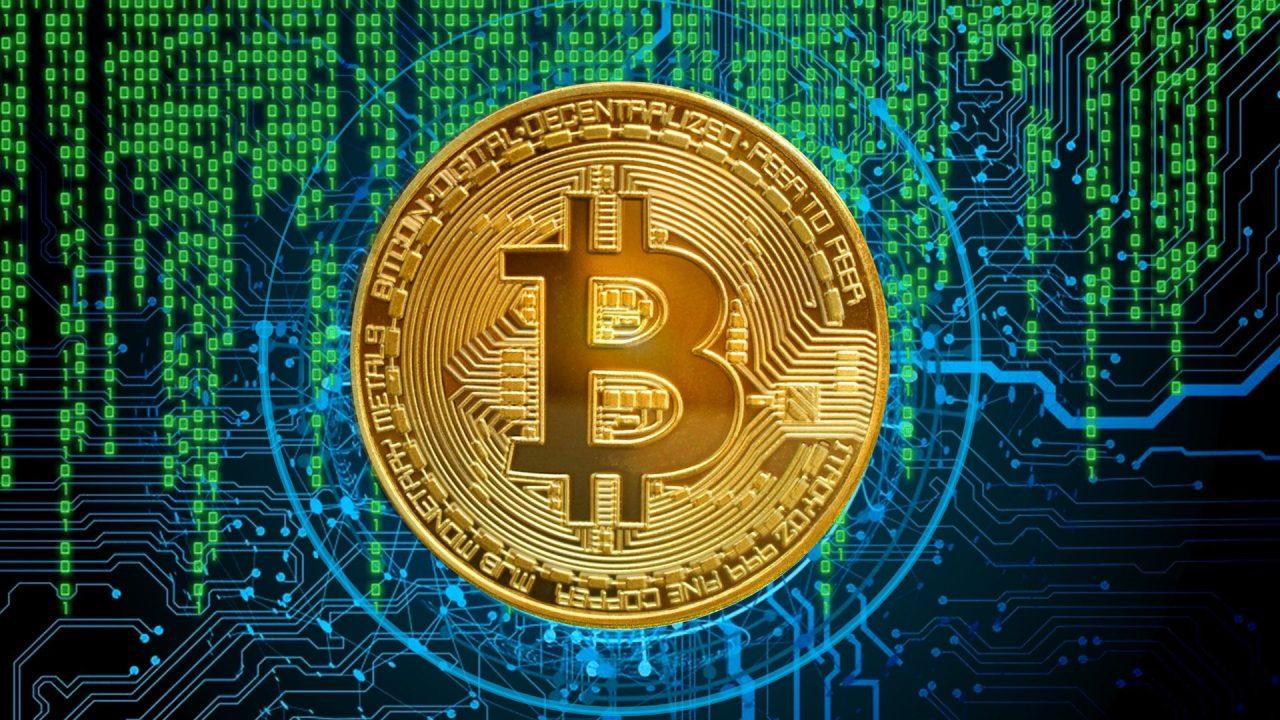As the US hurtles towards a potential high-stakes default on its debt, the compelling case for Bitcoin is further strengthened, asserts the CEO and founder of one of the world’s largest independent financial advisory, asset management and fintech organisations.

The assessment from deVere Group’s Nigel Green follows reports that US President Joe Biden has invited top congressional leaders for a May 9 meeting regarding the debt ceiling after The Treasury Department warned on Monday a default could come sooner than expected – possibly as soon as June 1.
The debt ceiling is the amount of money the US is able to borrow to pay its bills. Since the cost of running the government is far greater than federal tax revenues, the US must raise additional money by selling Treasury bonds – but it cannot do this after hitting the debt ceiling.
If the US is unable to pay its bills, it will default on its debt. This would be the first in US history.
Should this happen, it would “cause irreparable harm to the US economy, the livelihoods of all Americans, and global financial stability,” Janet Yellen, the Treasury Secretary, wrote in a letter to the then new House Speaker Kevin McCarthy.
In a letter to members of Congress on Tuesday, Ms Yellen said that “We have learned from past debt limit impasses that waiting until the last minute to suspend or increase the debt limit can cause serious harm to business and consumer confidence, raise short-term borrowing costs for taxpayers, and negatively impact the credit rating of the United States.”
Her announcement came on the same day as the Congressional Budget Office (CBO) reported that there is a “significantly greater risk that the Treasury will run out of funds in early June.”
Nigel Green says: “The emergency meeting called by Biden is a step in the right direction in a monumentally high-stakes game between lawmakers.
“Democrats have said they would not negotiate with Republicans over extending the debt ceiling, while House Speaker Kevin McCarthy has promised not to extend the limit without cuts to the federal budget.”
While the likelihood of a US default remains “unlikely” at this stage, according to the deVere Group CEO, he affirms the debt ceiling drama “further strengthens the compelling case for Bitcoin” for two main reasons.
“First, this saga underscores that the US dollar’s future trajectory is precarious and lies in the hands of opposing and increasingly divided politicians reaching difficult agreements.
“As the gridlock in Washington DC intensifies over the dollar debt ceiling, it seems inevitable that a growing number of retail and institutional investors will want to circumnavigate the shenanigans and look to alternatives which are outside of political controls, as well as having other advantages such as being digital, global and borderless.
“It’s a huge mess and it’s hitting the dollar’s credibility at a time when it already appears to be losing some of its global dominance – this is bullish for Bitcoin.
He continues: “And second, the debt ceiling is likely to be raised in the end, meaning it can issue more debt to generate more capital. However, the government might find it hard to attract buyers, forcing the Federal Reserve back into Quantitative Easing (QE) – or money printing.
“QE is typically good for riskier assets such as Bitcoin – as we saw during the last stimulus round – and it will also likely further hit the long-term value of the dollar, providing a boost for the cryptocurrency.”
Nigel Green concludes: “The debt ceiling drama underlines the flaws in the current fiat-dominated system.
“It strengthens my long-standing argument that the times ahead are destined to be radically different from what we have all experienced in our lifetimes so far.
“I believe that increasingly, there will be a mixed system. Some will be currencies from governments, including digital and non-digital, and some will be digital and decentralised, such as Bitcoin.”
Tradersdna is a leading digital and social media platform for traders and investors. Tradersdna offers premiere resources for trading and investing education, digital resources for personal finance, market analysis and free trading guides. More about TradersDNA Features: What Does It Take to Become an Aggressive Trader? | Everything You Need to Know About White Label Trading Software | Advantages of Automated Forex Trading









































